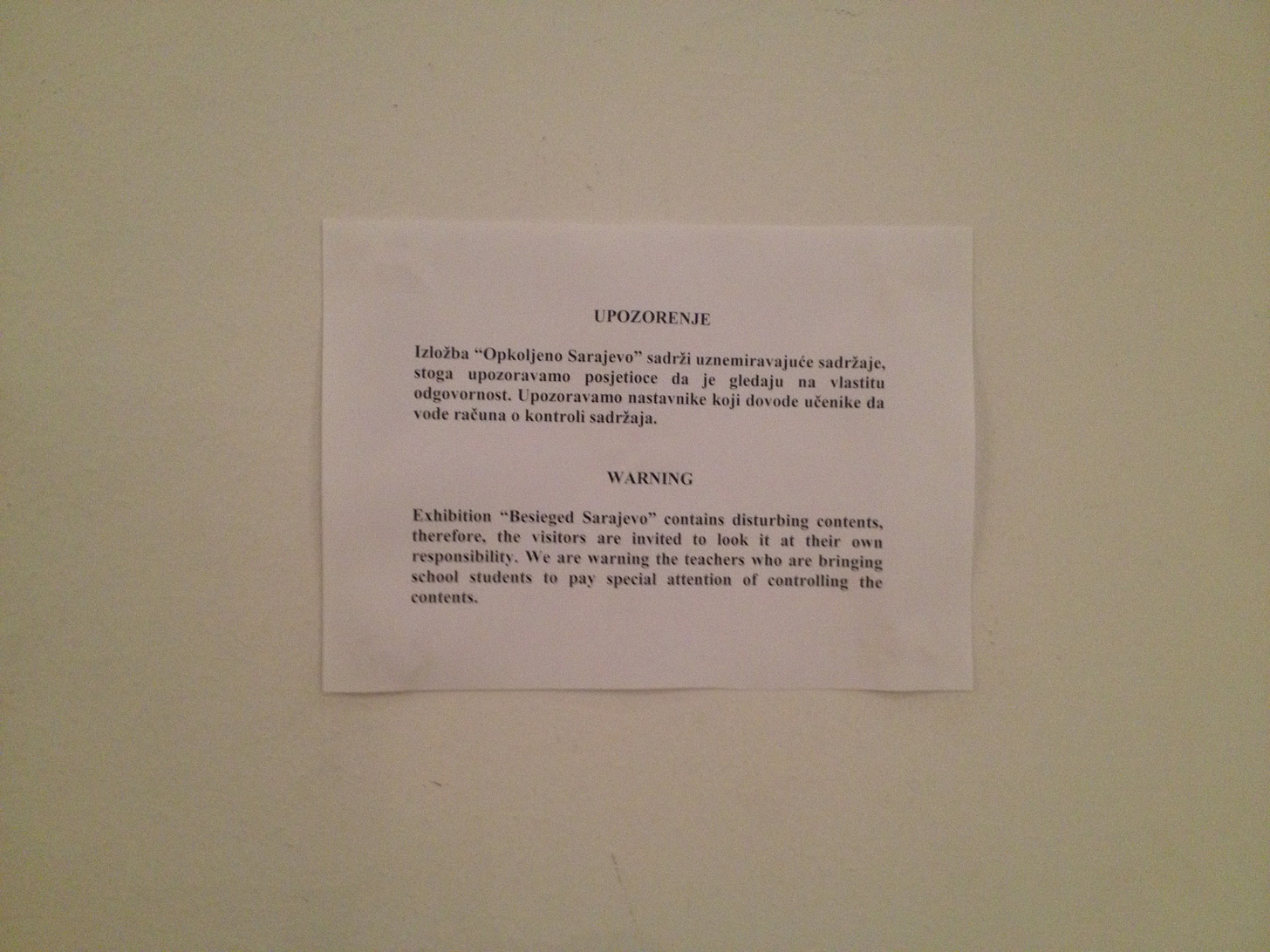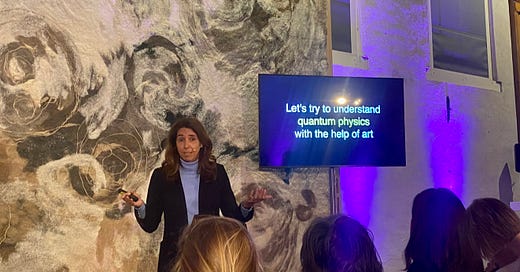#88 False equivalences
We’re fortunate in Amsterdam to have the John Adams Institute. We’re even happier that they’ve started releasing some of their lectures as podcasts. (The careful reader remembers I mentioned this before.)
John Adams, of course, was the second president of the United States. During the war of independence, he served as ambassador to the Dutch Republic, not entirely successfully. In the superb 2008 series about his life, the episode in Amsterdam looks like a Vermeer-themed fever dream. The John Adams Institute is named in his honor and invites “the best and brightest of American thinking” to Amsterdam. Thank you!
Their most recent podcast includes excerpts from an interview with Christiane Amanpour, journalist and CNN anchor. She talks about her time reporting the Siege of Sarajevo and the difference between truth and objectivity, which I found eye-opening.
Some context, in case you need it. In the early 1990s, for almost four years, Sarajevo, the multi-ethnic, multi-religious capital of Bosnia and Herzegovina, was besieged by Serbia. In the words of Amanpour, their purpose was to turn it into ‘a medieval disaster zone.’ This meant large-scale atrocities against the civilian population of the city. Amanpour reported from within the town and:
“I suddenly realized that I had to make a stand. So I said, look, you know, our golden rule is objectivity. The thing that is the golden rule for every journalist is objectivity. Now, objectivity means definitely telling all sides of the story. But it definitely does not mean drawing false equivalences either moral or factual. So I wasn’t going to say, Well, this person is equal to that person. I wasn’t going to equate the victim and the aggressor.”
The ‘bot holiday’ that began when Russia’s social media bots pivoted to the war in Ukraine (or were blocked) has shown how much public disagreement has been a false equivalence. Suddenly, it is crystal clear that in content as much as number, Covid deniers, fossil-fuel enthusiasts, anti-democracy activists, and others are not equal to their victims. It’d be good to stop perceiving them as such. Likewise, it’d be good to stop portraying them as equals in other media, business meetings, or policy discussions. (That doesn’t mean ignoring them or their concerns, though, if that needs saying.)
Two decades after the siege, I had the privilege to work in Sarajevo with young professionals from various sides of the conflict. Their personal experiences from the siege as children and photos of facts such as the Markale market bombing quickly revealed that what half a generation of conflicting history lessons had taught them was a false equivalent. This process wasn’t easy, and it wasn’t quick. It involved listening to stories from all sides. But it didn’t require equating the truth of one side with the truth of another.

On Friday, I participated in NRC Future Affairs x Leiden European City of Science 2022. The event explored the cutting-edge of thinking about consciousness, quantum, ecology, and activism. The day started with our Time to Turn walk. I think the recordings will be put online soon. I especially recommend the contribution from Cristiane de Morais Smith (a similar talk at another event) and Li An Phoa (about drinkable rivers), although the entire program was relevant.
Two quotes stood out in my notes:
“We need to focus on what is likely true, not what we like to be true.” – Philip Goff.
Philip Goff talked about what he sees as Galileo’s error, which removes consciousness from the physical world. Instead, panpsychism argues, there is an element of consciousness underlying the mathematical descriptions of the world. Panpsychism is an ancient philosophy but only recently gaining traction again and running into what may become false equivalences.
Another false equivalence was shared by Chief Phil Lane:
“The longest road in the world is from the head to the heart.” – Chief Phil Lane.
Chief Phil Lane spoke about the opposing worldviews of the world as a snapshot versus the world as an animation. I.e., can we observe the world by only looking at the present with our heads, or should we see the world as something constantly changing and developing with our hearts? And what does that mean for science, sustainability, and responsibility?
I ran into Tracy Metz, director of the John Adams Institute, at the event. I thanked her for her podcasts, and she encouraged me to also dive into her series on water (in Dutch). This was, as always, greatly appreciated. I started listening to Vaclav Smil’s Energy and Civilization. Still, I can do with some ‘lighter’ topics that work well during a longer run. So if you have any, thanks for sharing!
As always, thanks for reading, subscribing, liking, and the occasional reply. Have a wonderful weekend and see you next week,
— Jasper



